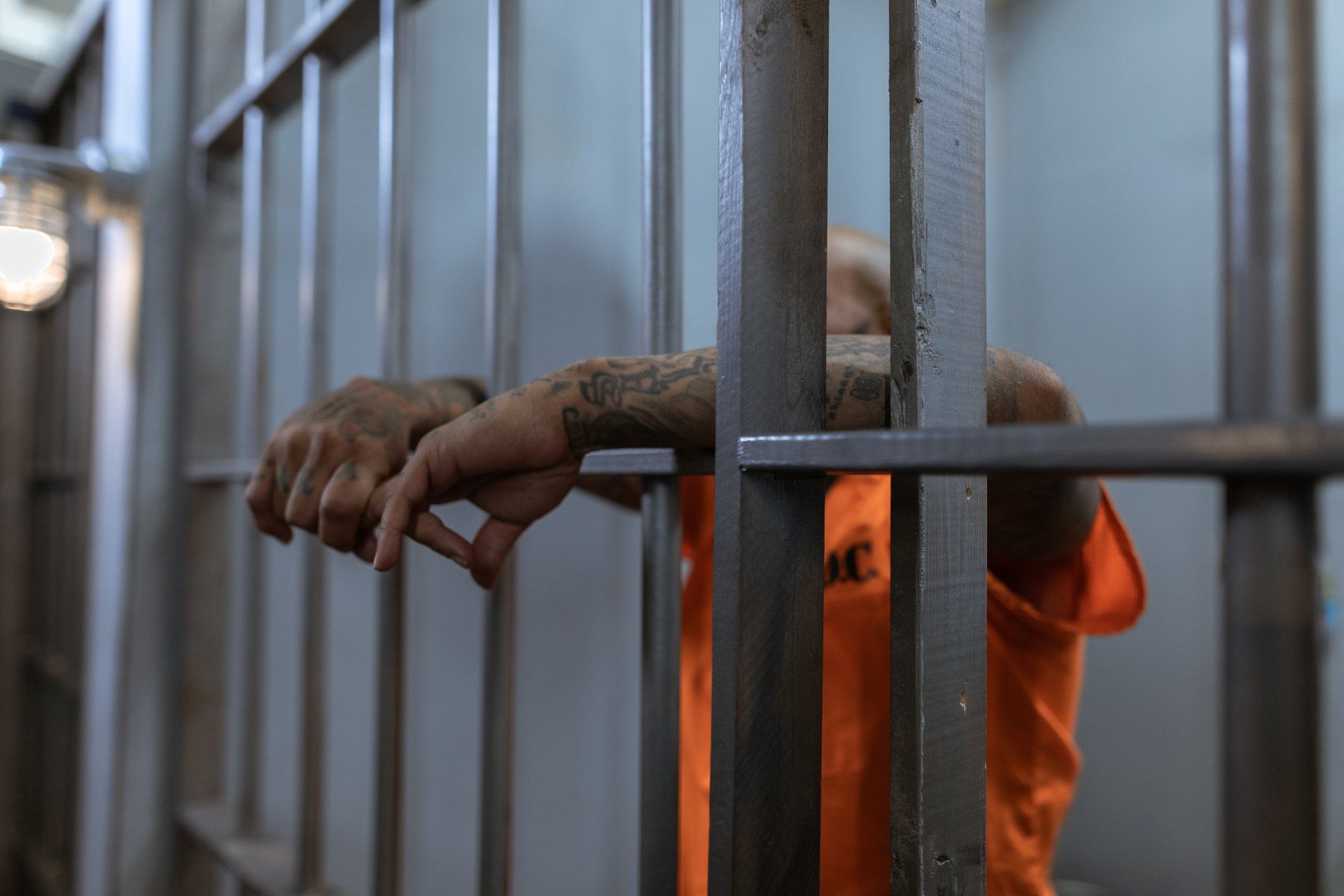New s22B - Change in Bail Legislation

Parliament passed a significant amendment to the Bail Act on Thursday night, and it will go into effect as soon as it receives assent, which could be as soon as today. We will notify you once it has received assent. Because these changes will affect many people, it is critical that you understand them and plan for them.
The new section 22B of the Bail Act states that if an accused has been found guilty or has entered a guilty plea and will be sentenced to full-time imprisonment, the court must deny bail unless there are special or exceptional circumstances.
This new and stricter presumption against bail will apply in cases where a release or detention application is made after a plea or conviction. This could include situations in which your client: has violated bail and appears on a detention application (and a plea of guilty is entered or has previously been entered); has been convicted under section 196, a warrant has been issued, and you appear and apply for bail; enters a plea of guilty and the prosecution makes a detention application; is found guilty after a hearing or trial and the prosecution makes a detention application;
Bail exists to keep victims and our communities safe before and during a trial, as well as to protect everyone's right to the presumption of innocence and the general right to be free until their day in court and their matter is resolved. Bail is not intended to be a pre-judgment of someone's guilt or punishment prior to conviction. However, this does not mean that criminals who have been convicted or plead guilty and who the court believes will be sentenced to fulltime detention should be allowed to walk free in our community while they await their sentence. After a conviction or guilty plea, the presumption of innocence is no longer applicable. Currently, when an accused person is found guilty of an offence and the case is adjourned for sentencing to a later date, a bail decision-maker must consider the possibility of a custodial sentence being imposed under section 18 (1) (i1) of the Bail Act.
The provision will go even further, requiring that serious offenders sentenced to imprisonment to be served by fulltime detention not be granted bail post-conviction prior to sentencing. Offenders will not be taken into remand under the provision if they are later sentenced to a lesser penalty and released, or if they are considered for an intensive corrections order or an order under section 11 of the Crimes (Sentencing Procedure) Act 1999, because those are not circumstances in which the offender "will be sentenced" to full-time detention. This is not a fictitious or shortened sentencing hearing. A full sentencing hearing will still take place before a judge at a later date determined by the court, with the usual opportunities for parties to make submissions. The defence will still have the opportunity to present evidence and arguments about the appropriate sentence. However, this reform will ensure that those offenders who will be receiving fulltime detention are not granted bail in order to be released back into the community before their sentencing hearing.
It is not about increasing the number of people incarcerated. It is about ensuring that offenders who have already been found guilty beyond a reasonable doubt or who have pled guilty and are on their way to prison get there faster and are not out in the community while awaiting sentence. The New South Wales Government will closely monitor the impact of this reform in practise to ensure that it does not undermine the Government's early guilty plea reforms, though this is difficult to imagine. If a person enters an early guilty plea under the early guilty plea scheme, they will already have a good idea of the type of sentence they can expect. If the sentence is imprisonment with full-time detention, it should come as no surprise if the new section 22B is activated during a bail decision prior to sentencing.
The provision does acknowledge that special or exceptional circumstances may arise from time to time that justify the granting of bail even in these circumstances, which is consistent with the approach taken in the Bail Acts' existing section 22. Section 22 supersedes other sections of the Bail Act by stating that bail cannot be granted in certain situations unless there are special or exceptional circumstances. The courts have refused to provide an exhaustive list of factors that could be considered "special or exceptional." In EliHilli and Melville v R [2015] NSWCCA 146 at [29], Justice Hamill stated, with their Honours Simpson and Davies concurring:
"Special or exceptional circumstances" may exist in the combination of factors or in "the coincidence of a number of features" … It is not possible to determine or predict in advance what those features may be.
What is clear is that it is a high bar to clear, and it will be a high bar under new section 22B as well. For example, a person may argue that special or exceptional circumstances exist because they are required to make arrangements before beginning their prison sentence to avoid hardship on third parties, such as a person for whom they care. This, however, is a high standard. It would be up to the court to decide whether the test was met based on the facts of the case. Even if special or exceptional circumstances can be demonstrated in a given case, subsection (3) of the new provision states:
(3) Subject to subsection (1), Division 2 applies to a bail decision made by a court under this section.
________________________________________________________________________________________________________________________________________
THE LEGISLATION
1. On 23 June 2022, the Bail Amendment Bill was passed by Parliament. We understand
that the Act may commence early next week once it receives asset. Section 22B reads
as follows:
22B Limitation regarding bail during period following conviction and before
sentencing for certain offences
(1) During the period following conviction and before sentencing for an offence for
which the accused person will be sentenced to imprisonment to be served by fulltime detention, a court—
(a) on a release application made by the accused person—must not grant
bail or dispense with bail, unless it is established that special or exceptional
circumstances exist that justify the decision, or
(b) on a detention application made in relation to the accused person—
must refuse bail, unless it is established that special or exceptional
circumstances exist that justify the decision.
(2) If the offence is a show cause offence, the requirement that the accused person
establish that special or exceptional circumstances exist that justify a decision to
grant bail or dispense with bail applies instead of the requirement that the accused
person show cause why the accused person’s detention is not justified.
(3) Subject to subsection (1), Division 2 applies to a bail decision made by a court
under this section.
(4) This section applies despite anything to the contrary in this Act.
(5) In this section—
conviction also includes a plea of guilty.
Note— Conviction is defined in section 4(1) to include a finding of guilt.
2. In broad terms, it seems to us that the power in s22B could only be exercised if the
following facts are satisfied:
a. That the accused person has either:
i. been found guilty, or
ii. has entered a plea of guilty;
b. That the accused person will be sentenced to imprisonment to be served by
way of full-time imprisonment.
________________________________________________________________________________________________________________________________________
Note: If you've been charged with an offence under this section click on the orange button in the bottom right to chat to a lawyer in real time 24/7.


